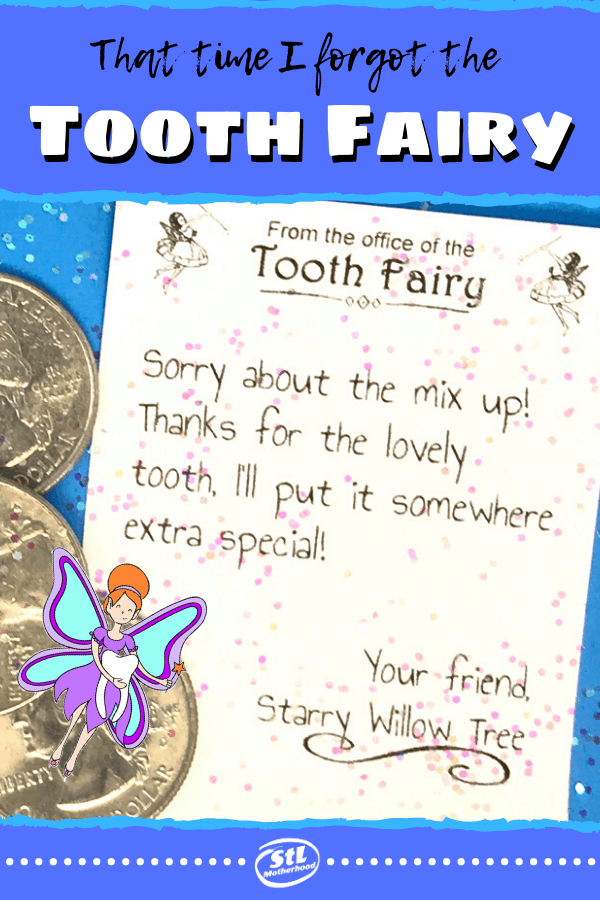


The Irish name Ó Duibhleacháin is cognate with "Dullahan", according to certain researchers of Irish names. ĭullahan was later glossed as "dark, angry, sullen, fierce or malicious being" encompassing both etymologies, though Thomas Crofton Croker considered the alternative etymology more dubious than the dubh "black" ("dark") etymology.

Dulachan and Durrachan are alternative words for this "hobgoblin", and these forms suggest etymological descent from dorr/durr "anger" or durrach "malicious" or "fierce". Dullahan described as "unseelie (wicked) fairy" ), literally "signifies dark, sullen person", according to the lexicographer Edward O'Reilly, apparently containing the stem dubh meaning "black" in Irish. He is depicted as a headless rider, on a black horse, who carries his own head held high in his hand or under his arm.ĭullahan or Dulachan ( Irish: Dubhlachan ) referring to " hobgoblin" (generic term cf. The Dullahan (Irish: Dubhlachan dúlachán, / ˈ d uː l ə ˌ h ɑː n/), also called Gan Ceann (meaning "without a head" in Irish), is a type of legendary creature in Irish folklore.


 0 kommentar(er)
0 kommentar(er)
